Blogging or Social Media: Which is Better for Your Business?
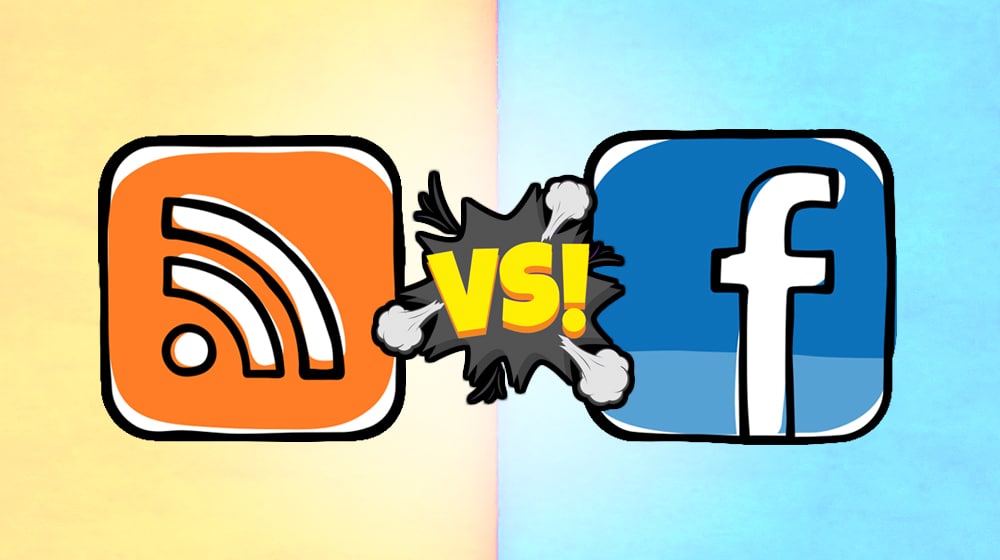
If you've followed my blog for a while, you've probably seen me write a few posts on topics similar to this one. For example, "Blogging vs PPC: Which is a Better Value for your Business?" Any time you read a post like that, I have one particular answer, which you've probably come to expect: use both. Oftentimes, these are comparisons between different aspects of an overall marketing strategy, and I strive to impress upon you that using both of them is better than limiting yourself to one or the other.
This article is going to be no different, but I will say one thing upfront: some businesses will benefit more from one strategy than the other, and I'm going to give you a bit of a nuanced answer, more so than I usually do in these kinds of posts.
So, you have two strategies in front of you. Blogging and social media are both parts of a good marketing plan, but which one will work best for your business? The answer for this depends on what kind of business you have.
Let's compare both of them so you can decide which is more applicable to your business:
Blogging for Business
I'm a huge proponent of blogging, but I can admit that there are some cases where blogging isn't the best strategy to employ. See, to be successful with blogging, you need to invest a lot of time, effort, and energy into it, and it can take years to pay off. It's often supplemented with other strategies, including PPC advertising, to help you build up a base faster than you would with organic "build it and see" strategies.
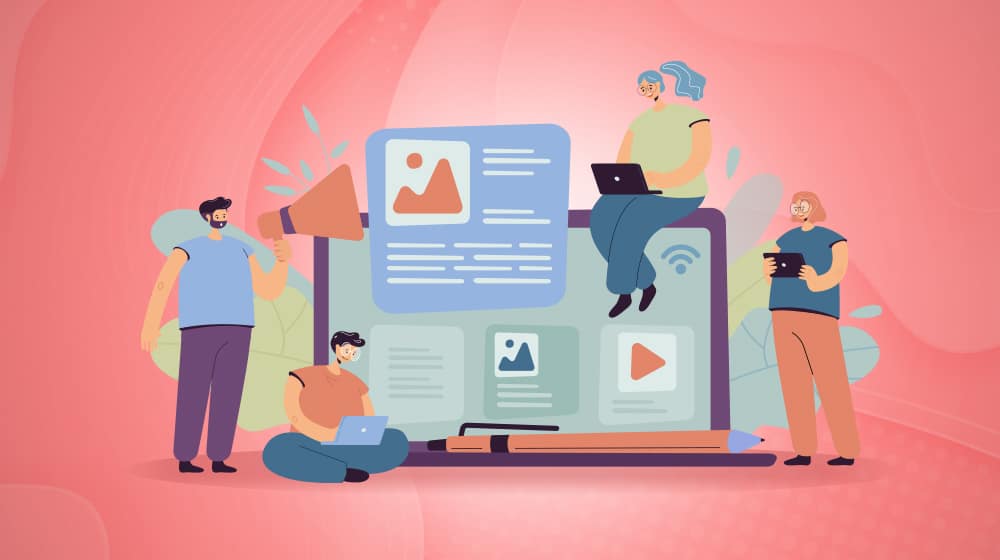
Blogging is good for a few industries and types of businesses.
Businesses that sell digital services or goods that can be shipped. Blogging is great as a foundation to draw in users and sell them on your products or services. You can link them to landing pages, product pages, service pages, pricing pages; all manner of additional pages that help convince them that they're likely to get a positive return on investment if they pick up whatever it is that you're putting down.
The primary benefit here is that you can have your product or service pages on the same website and domain. With social media, you have to pry people away from social media to get them to your website to buy something. Some people do that just fine and flitter back and forth between social media and links at the drop of a hat. Others like to stay where they are, and clicking a link to leave a site can be a tall order.

Niche businesses. The more niche your business is, chances are the more effort it will take to convince someone that they want what you sell. A major product category like, say, shoes, has a ton of competition. You're never going to out-rank Nike or Reebok or Adidas, they're simply too gigantic. Blogging is especially difficult when you're trying to establish a new competitor amongst an industry that is filled with giants and household names.
Niche businesses with small competitors can find it much easier to rank with a blog. Plus, even though it takes more work to convince people they're interested in your products, you have the luxury of being able to do that. You aren't going to run up against a character limit on your posts like you do on social media. Attention spans are short, but not quite as short as you get on social networks. Plus, you can use all of the same graphical and multimedia techniques you might otherwise want to with social media on a blog.
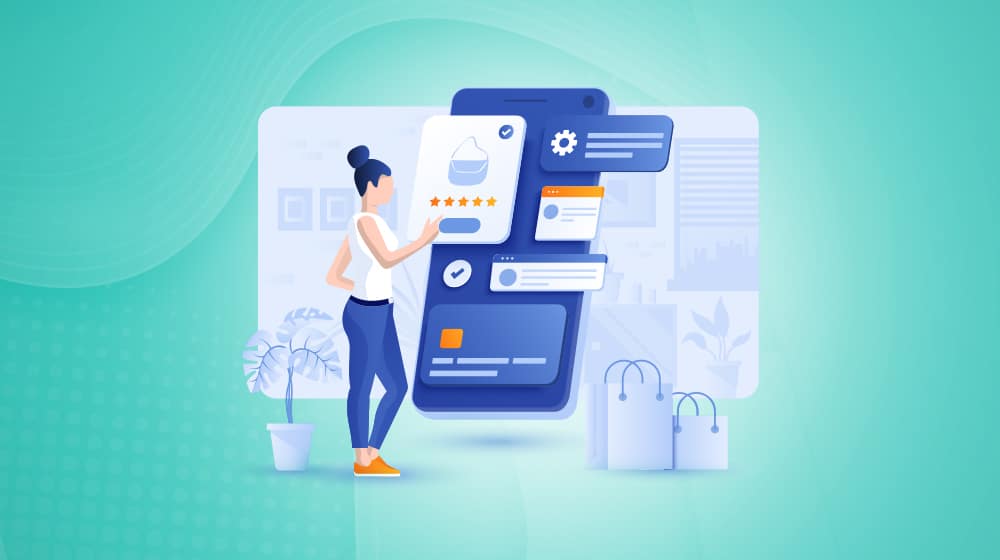
Stores that are open and available 24/7. Social media thrives during business hours and with immediate, "I'm out shopping right now and want to find a product" kinds of purchase intent. Blogging, conversely, works best for anything that can accept and process orders any time of day, not just during business hours.
Ideally, this means you either have an order fulfillment process or a new account creation and setup process that is completely automatic. This is pretty easy to do with modern tools, so there's no reason you would need to manually oversee new customers.
Conversely, if your product or service requires direct onboarding and a human connection, you might not do as well with blogging. Don't get me wrong, blogging is still great, but you do lose out on the ability to onboard a new customer at 2 am because they're signing up during a reasonable time in their time zone, but long after you went to bed in yours.
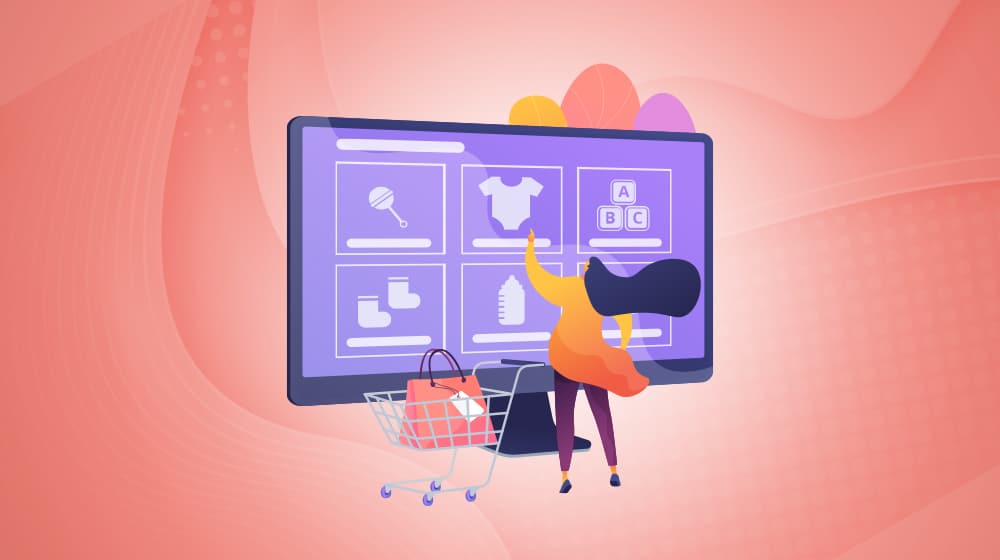
Businesses that want deep control over every aspect of their conversion process. Conversion rate optimization is a massive topic that I haven't fully covered myself, largely because there are a ton of great guides already written about the subject. One thing that it all boils down to, though, is control. The deeper, more granular, and more specific control you have over aspects of your conversion process and sales funnel, the better off you'll be.
Social media has a big issue with this. On a site like Facebook or Twitter, you run into limitations constantly. You have to upload images in a specific format and fit within specific sizes. You have a limited number of characters for your posts before they're truncated behind a Read More link. You have limited exposure to your audience according to what the algorithm decides you should get. You can't tweak things like the color of your buttons or the site design. You're dramatically limited in a wide array of customizations that you can access on your website.
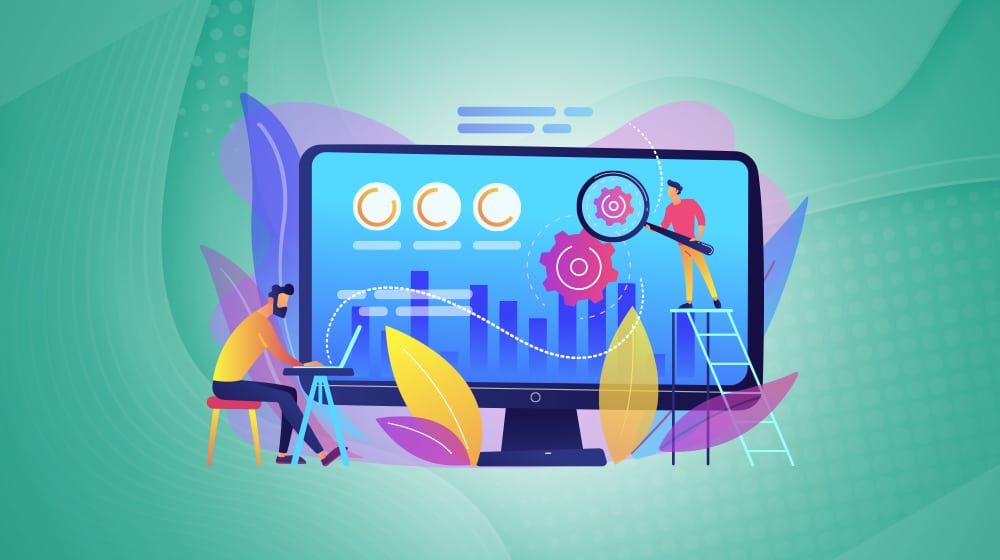
Now, don't get me wrong, social media has a lot of options for improving your conversion rate. Specifically, they have a ton of options for improving your conversion rate within their framework. Anything outside of their framework, though, you're unable to change.
I'm not quite as big a fan of social media as some other people, and even as I used to be a few years ago. I used to be heavy into social media usage, but the truth is, it has declined in several ways over the last half a decade or so. Reach is constantly declining, you're more than ever forced to pay for advertising just to reach your existing audience, and there is a constant string of controversies happening on those platforms. Unfortunately, it's only going to get tougher and more competitive with every passing year.
Social media is still very good for a few types of businesses, though.
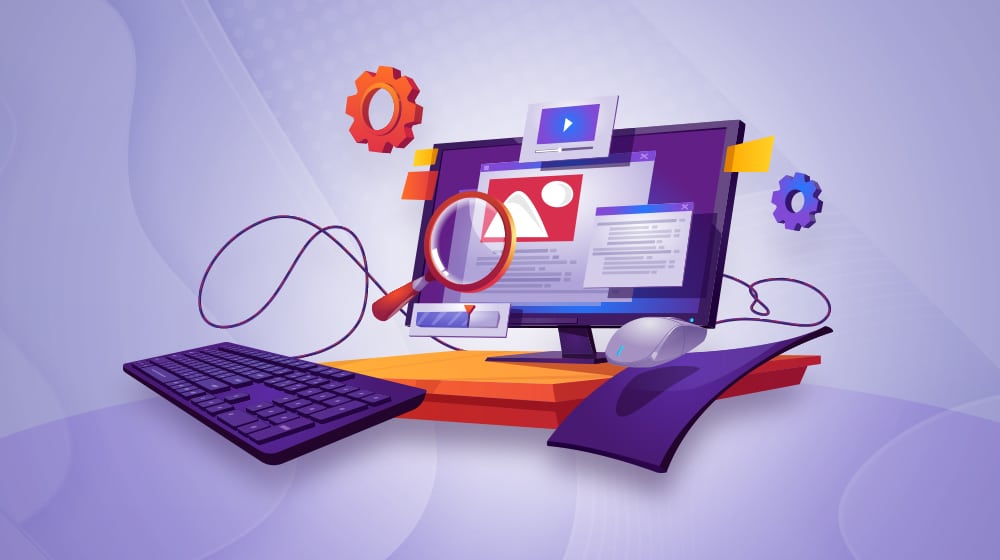
Businesses that make heavy use of graphical imagery. Fashion companies. Clothing and accessories. Food, to an extent. Physical products in general. Vehicle detailing. There are a huge array of industries that are all expected to show off the products they sell in visible, graphical form.
This stems from how these social media algorithms work. Almost universally, social media posts that have images in them get more reach and more engagement than posts with just text in them. That's because they take up more real estate, they have more elements they can use to catch the eye, and they're immediately understood. You look at a picture of a gorgeous ring and you can immediately tell it's a gorgeous ring; you don't need to read a long paragraph about it to get it.
Contrast this with a company that sells, say, a piece of software for managing HR systems within a mid-sized business. That's not very appealing from a graphical standpoint. Social media can certainly work for that kind of business but requires a more nuanced strategy.
Businesses that want to target specific demographics. Different social media platforms have different primary audiences. Facebook, being the biggest, has representation from basically everyone, though the youngest generations are trending away from it. Twitter tends to be driven by millennials. Instagram is younger still, and newcomers such as TikTok are flooded with Gen Z and younger.
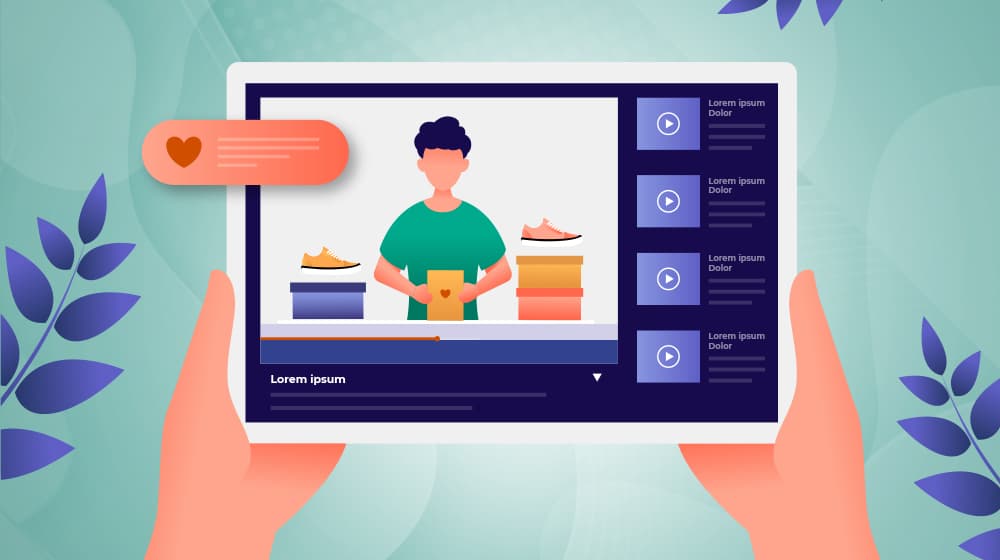
In general, though, the trend is obvious. The younger your target audience, the less likely they are to be spending their time reading blogs. They want to consume media in video formats, in audio formats, or short bite-sized clips. You need to reach them in their preferred means of communication, and as often as not, that means through the right kinds of social media posts.
Businesses that sell a product or service with mass appeal. Blogs are not necessarily the best way to reach large masses of people, as much as I don't like to admit it. Sure, major blogs and websites can get massive amounts of traffic, but, well, just look at the traffic stats. The most visited websites in the world are services and stores like Google and Amazon, social networks like YouTube, Facebook, Instagram, Reddit, and Pinterest, and that's about it. The largest sites you could call blogs are things like CNN, Business Insider, HuffPo, or TMZ, and I'd still classify those as news sites instead of blogs. Even then, CNN is the only one in the top 50 most visited websites globally.
Social media is simply a place where too much of the world gets together to ignore its ability to reach people with mass appeal. If you have something that can be widely shared and widely promoted, or even go viral, you're best suited for social media with a blog to back it up.
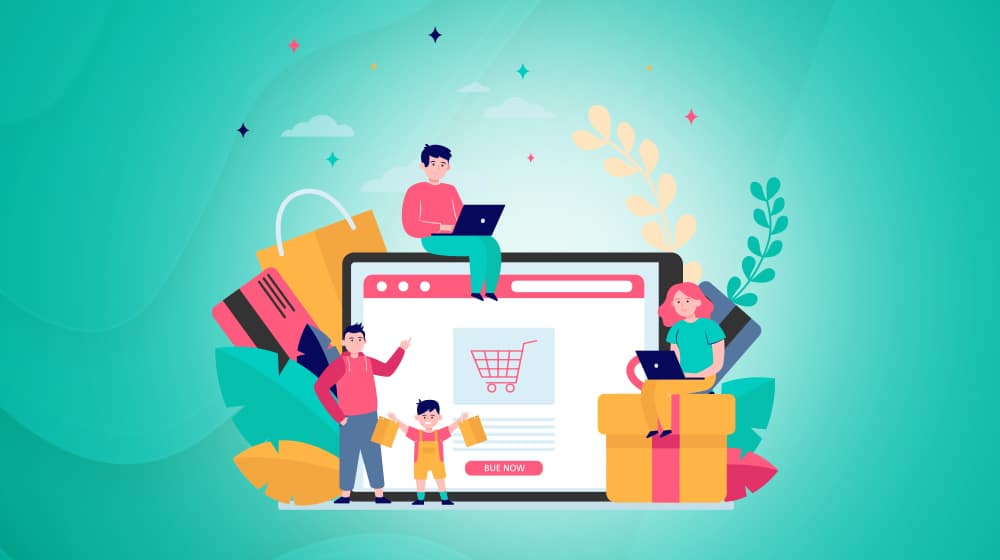
Businesses with a local focus. One of the areas that thrive the most from social media is local businesses. There are thousands of local businesses that don't even have websites because a Facebook page and a few listings on sites like Yelp do enough for them. For many local businesses, like restaurants, having an updated and healthy Yelp profile is arguably more important than having a website.
A local business can do just about everything it needs to on a platform like Facebook, or on a combination of social networks. Facebook can host a map with the business address and location. Facebook can showcase graphics and photos of their products. Facebook is a great way to reach users with time-sensitive sales and deals. Facebook offers communications channels through Messenger and WhatsApp for real-time messaging. Facebook can even accumulate reviews, harvest contact information, provide transparency, and more.
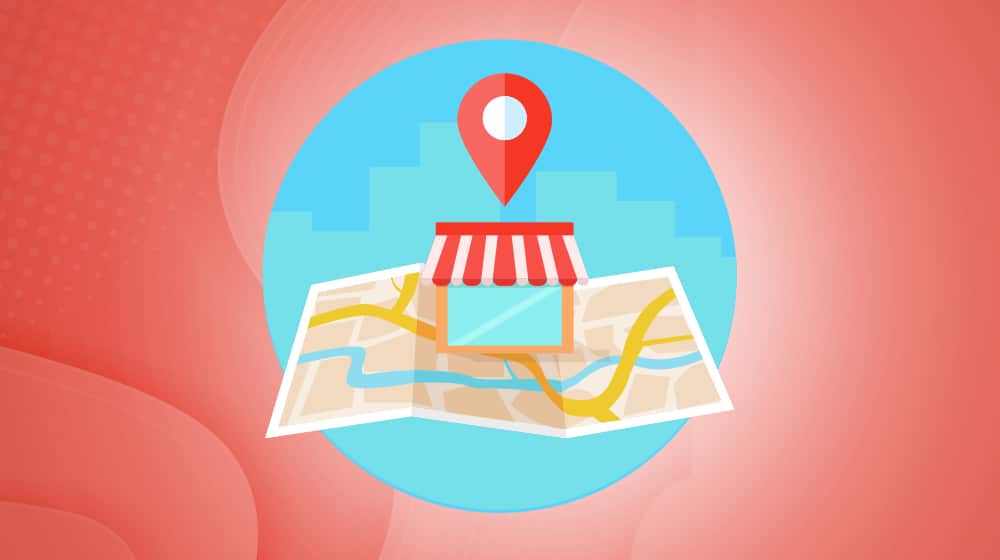
Local businesses can get value out of a blog, but that value tends to be minimal until they've established themselves as franchises or thought leaders. After all, how many of you care what the founder of your local pizza place has to say? All you want to know is if you can take advantage of a sale on pizza, or if they're closed on a holiday when you're craving a slice. Most people that visit a restaurant's website simply want to see the phone number and the menu.
Businesses with more fluctuation in sales patterns. Blogs are slow. In a way, it's a tortoise and hare competition. The blog is slow to move, slow to build, and slow to react. If something major changes about your brand, you have to redesign a lot of different elements of your website, and may even need to revamp large swaths of content.
With social media, you're much more agile and responsive. Older posts and older content largely don't matter, they fall by the wayside and are forgotten. If shifts in the industry, trends, or user behaviors happen, you can rapidly adjust your site to accommodate these changes. You have full control.
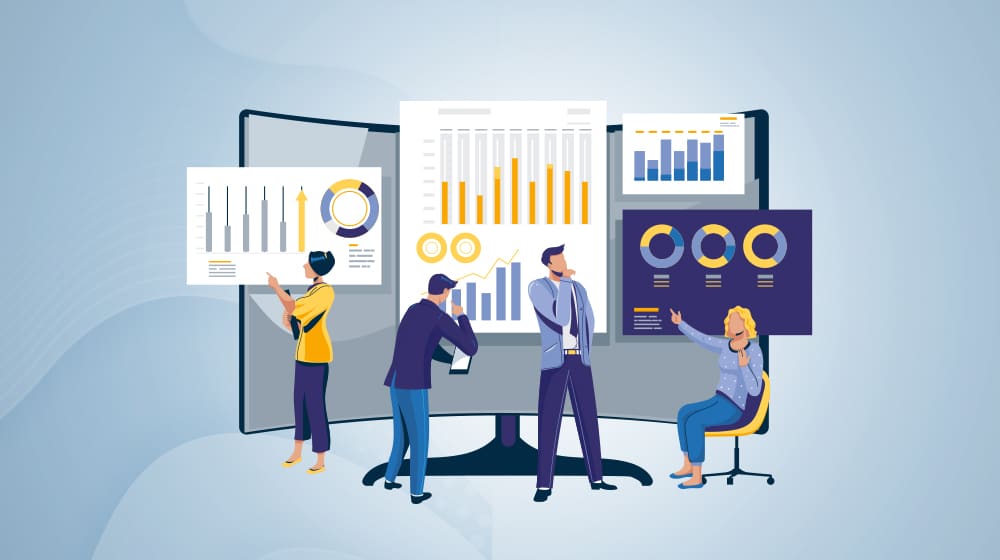
Many social networks even have some elements of algorithmic assistance with these shifts. Your audience might shift in interest, but you don't have to do anything different. Facebook's algorithm shows your posts to that different audience just as easily and regularly as it did the previous audience.
When it comes down to it, blogging and social media are as similar as they are different. You might have read all of the above and realized that your business can fall into both categories, and that's the hidden secret.
Both blogging and social media take time to build up an audience that is large enough to be considered successful. Both of them have low initial returns, but can be accelerated by paying for paid advertising to push more users to the site/profile in question. Both of them need to be monitored, watched, tested and adapted. This is a constant and ongoing process to make sure you're reaching the same level of success.
Perhaps most importantly, both of them can benefit and feed one another. Blogging needs to get traffic from somewhere, and one of the best sources of traffic is social media. Conversely, social media needs content to post, and unless all you're doing is posting pictures of your products, a blog can give you content to help fill in the gaps.
Which is Better? Both
As I stated up in the introduction, I'm still going to come to the same conclusion. Neither social media nor blogging are empirically the best for your business.
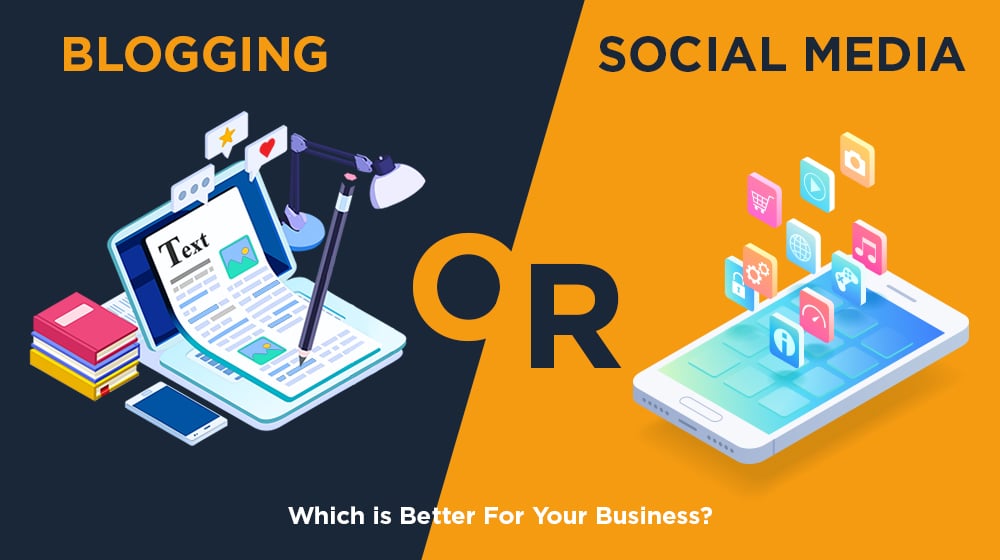
The best is, and always will be, making use of every avenue available to you for marketing and growth. Social media can greatly benefit your blogging strategy, blogging can greatly benefit your social media strategy, and both of them can be bolstered by paid ads. They can all be boosted through your other marketing channels, and they can both form the basis of your outreach efforts.
They are both long and slow-to-build strategies. It takes a long time to gather up followers on social media, just like it takes a long time to build up traffic on a blog. It's better to start them both early and keep them updated as you go than it is to try to run with one and hope you can springboard the other into action later.
Now I turn to you - which have you had the most success with growing your business, and what type of business do you run? Do you have any questions for someone who is experienced with both social media and blog marketing? Did we leave anything out? Let us know in the comments section down below! I respond to every comment, so please don't be shy.



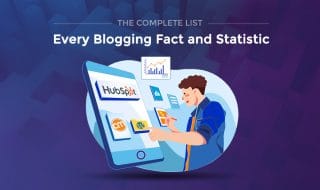


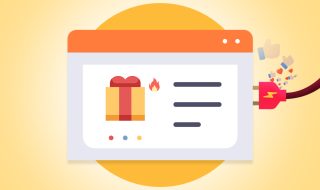



March 25, 2021
I am planning on starting up an Online Business Management service targeting agency owners and service-based professionals. I don't have a website yet as I am still finalizing the details and copy however, I started a Facebook Page to promote. I wanted to do blogging but I am not really a writer. What do you think is the best for me to promote my business in my target market?
March 25, 2021
Hi Marilyn! I'm in the blogging business, so I'm a bit biased - I think the longterm benefits of blog content is unmatched. As with most of my articles, I really recommend both. If you're not a blogger, you can save a content marketing campaign until you've grown a bit and can justify investing in a strategy like this.
April 21, 2021
How well does blogging feed into social media? It seems like it could be the basis for most of our social media posts if we have content and value to share.
April 22, 2021
Hey Frederick!
It's supplemental at best, in my opinion. Around 80% of your posts are going to be engaging with fans, asking questions, and drawing people into your orbit. The other 20% is going to be blog posts, sales, and promotional content - this is the foundation of the "80/20 rule" on social media.
This isn't a hard-fast rule, but it gives you an idea of how blogging can partially assist with your social media posting.
May 20, 2021
I understand blogging takes forever to succeed, is organic social media posting any quicker? Or do you have to pay for ads?
May 26, 2021
Hey Shawn!
An organic social media presence takes a long time to build a following. Ads are quicker but they aren’t free.
I recommend doing all three. Many people start with social media and find out years later that their blog is what's accounting for most of their traffic and sales.
Don’t write it off quite yet!
October 09, 2022
I have an MLM fitness business that I've grown solely through social media. Recently, I've become disillusioned with SM and deactiated all of my accounts. I want to share not only things to help grow my business, but other things like daily musings, raising teenagers, my husband's cancer battle, life, humor, etc...
People are reaching out saying they miss my posts and I had a decent following but honestly, I can't stomach social media anymore.
Is it possible to have success through a blog?
October 10, 2022
Hey Sam!
Absolutely! However, much like social media, it takes years to build traffic and an audience you'll start to be happy with.
My advice would be to stomach social media for a bit longer, reactivate your social pages, and use your audience to steer traffic and email sign-ups to your blog.
That might not be a bad way to go since you already have a following there, and you can always deactivate your social pages again later when they are no longer needed!
June 26, 2023
Wow, James what an insightful blog post! The comparison between blogging and social media for business was extremely well-articulated. I appreciate how you highlighted the unique strengths of both platforms and provided a balanced perspective. It's true that blogging allows for in-depth content creation and establishes credibility, while social media offers immediate engagement and reach. Two approaches can complement each other for a more comprehensive marketing strategy
June 28, 2023
Thank you Indrajit! I appreciate your kind words.
July 06, 2023
That was an in-depth explanation! Yes, you're right. I opened a hair saloon for men after covid whose marketing I started with Instagram. And it was worth it. Now, I'm thinking to extend some services. Though it requires some investment but it helped me start earning immediately. It was hard to stand up again from scratch but please tell me I happen to have some in-depth knowledge of types of hair and treatment should I start blogging? Will this increase my per day sale? I too have a passion for writing as well. Please reply..
July 14, 2023
Hey James!
Blogging is best for businesses that have clients nationwide or internationally. If your hair saloon is in a single city, I would recommend focusing on your social media presence instead, as well as review sites like Yelp and Google My Business. These will make a far bigger impact on your business than blog posts will.
If you had an eCommerce store or a site that shipped across the United States or Worldwide, then it would be a different story, and blogging would probably be a better long-term investment for you.
I hope this helps!